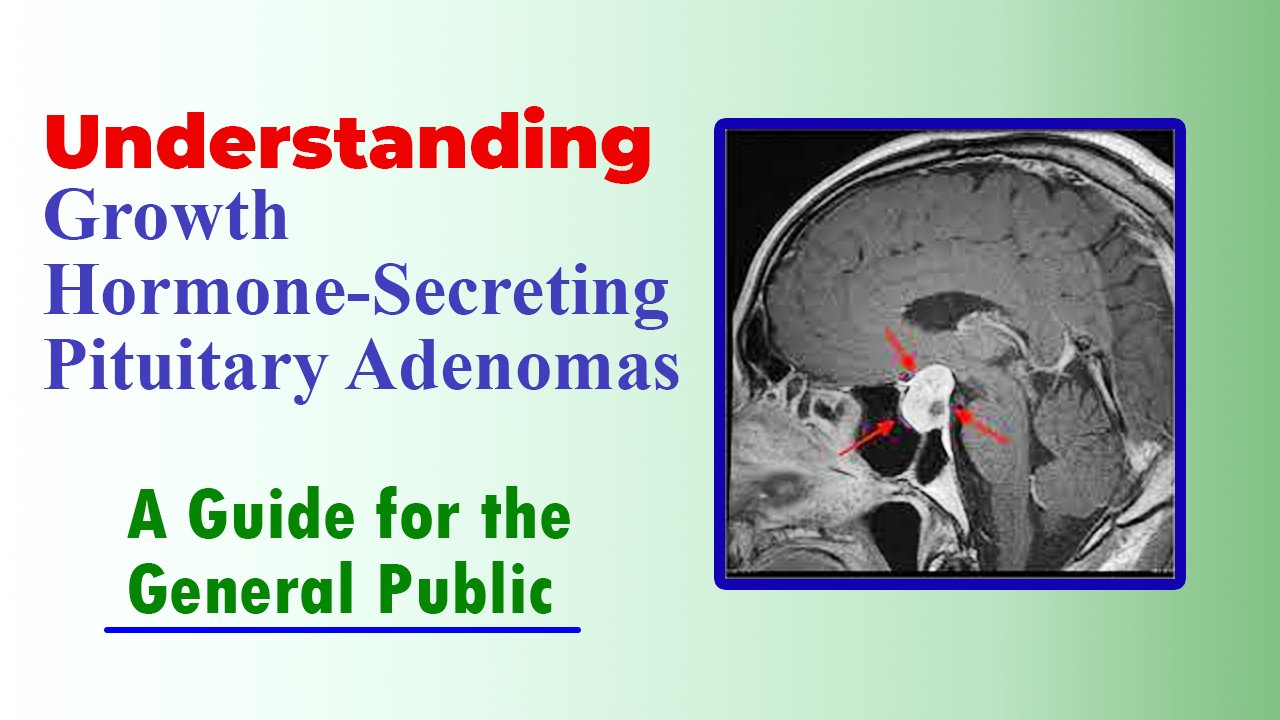
Growth hormone-secreting pituitary adenomas, though uncommon, can significantly impact an individual's health. These tumors arise in the pituitary gland, a small pea-sized gland at the base of the brain responsible for regulating various hormonal functions.
What is a Pituitary Adenoma?
A pituitary adenoma is a non-cancerous tumor that develops in the pituitary gland. While most are benign, some may cause overproduction of hormones, such as growth hormone.
The Role of Growth Hormone:
Growth hormone plays a crucial role in stimulating growth, regulating metabolism, and maintaining healthy body tissues. However, when a pituitary adenoma produces excess growth hormone, it can lead to a condition known as acromegaly.
Symptoms of Acromegaly:
Acromegaly is characterized by gradual changes in physical appearance and health. Common symptoms include enlargement of hands and feet, facial changes, joint pain, fatigue, and in some cases, vision problems due to pressure on the optic nerve.
Diagnosis:
Diagnosing a growth hormone-secreting pituitary adenoma involves a combination of medical history, physical examination, and specialized hormonal and imaging tests. Early detection is essential for effective management.
Treatment Options:
Treatment aims to reduce excess growth hormone production and manage associated symptoms. Options include surgery to remove the tumor, medications to regulate hormone levels, and sometimes radiation therapy. A multidisciplinary approach involving endocrinologists, neurosurgeons, and other specialists is often necessary.
Quality of Life:
With appropriate treatment, many individuals with growth hormone-secreting pituitary adenomas can lead fulfilling lives. Regular monitoring and ongoing medical care are crucial to managing the condition and preventing complications.
Support and Education:
Living with a pituitary adenoma can be challenging, but support groups and educational resources are available to help individuals and their families navigate the physical and emotional aspects of the condition. Connecting with others who share similar experiences can provide valuable insights and encouragement.
Conclusion:
Understanding growth hormone-secreting pituitary adenomas is essential for raising awareness and promoting early detection. With advances in medical care and ongoing research, individuals diagnosed with these tumors have access to effective treatments that can significantly improve their quality of life. Regular check-ups, collaboration with healthcare professionals, and a proactive approach to managing symptoms are key elements in the journey towards a healthier and more informed life.




